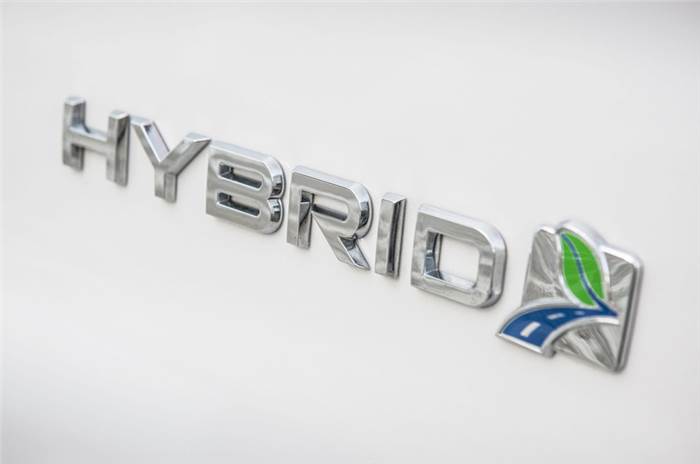NITI Aayog member VK Saraswat spoke to the PTI on September 16, 2018 and said that hybrid vehicles should be considered a key aspect in India's journey to future mobility. Saraswat also said that switching to EVs from ICE vehicles needs proper infrastructure and that will take some time.
Saraswat, who was formerly the Director General of the Defence Research and Development Organisation (DRDO), says that the introduction of electric vehicles should begin with two-wheelers and three-wheelers – vehicles that are more focused on short-haul journeys. "There is a sequence in which activity has to go. The sequence today is that you have 100 percent system working on internal combustion engine (ICE). You are introducing a battery technology directly today. It will take time for the battery technology because it needs supporting infrastructure capacity," Saraswat told PTI.
He states that the country could not allow ICE vehicles to continue to contribute towards carbon-dioxide emissions. "To reduce the emission of IC engines is to go for hybrid, means you take IC engines and electric vehicles together," he said.
The NITI Aayog member pointed out that the hybrid vehicle technology does not require any major modification in the infrastructure of the country. He said, "That's why, keep the hybrid route open, introduce the battery technology in first two-wheelers and three-wheelers, where the running at particular point in time does not exceed at 100km. So, even on a single charge it can take them to 100-150km, for which technology is available today," suggested Saraswat.
As the prior Chief Scientific Advisor to the Indian Ministry of Defence, Saraswat pointed out that the battery-driven system will not be competitive in terms of greenhouse gas emissions. As coal is still the main source of electricity production in India, the emissions would continue to be high.
Saraswat refuted claims made by experts that cost of batteries will come down to $70 (Rs 4,422) by 2030 and it will make the adoption of EV technology cheaper and a viable option. "It's a big projection, if it (the cost of battery for EV technology) even comes close to $100 (Rs 6,317) by 2030, it will be a major achievement," he asserted.
He further elaborated this point by saying that battery cost will not come down since millions of cells are being produced each day, so clearly the economies of scale are not the issue. He says that the real issue is the cost of lithium, manganese and cobalt – materials used in battery production – which are not easily available. He says that there will be buoyancy in their cost which, in turn will dictate the cost of the battery.
Saraswat also admitted that if India wants to use renewable energy for electricity production to charge EVs, the country should invest more in its grid management.




Comments
Member Login
Personal Details
No comments yet. Be the first to comment.